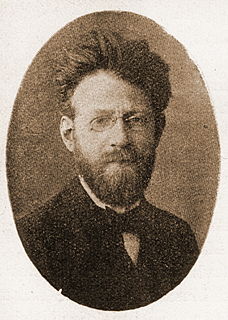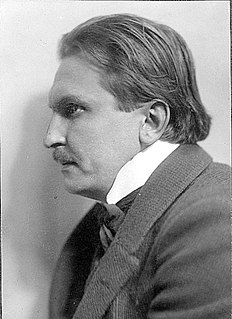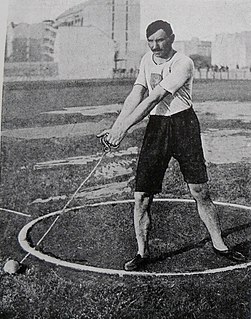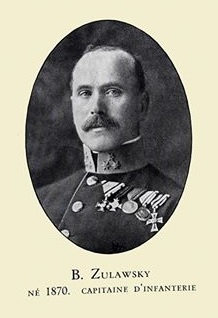 W
WFerenc Istvan Dénes Gyula Békássy was a Hungarian poet who was killed in World War I.
 W
WBéla Békessy was a Hungarian fencer. He won a silver medal in the individual sabre event at the 1912 Summer Olympics. He was killed in action during World War I.
 W
WKarl Braunsteiner was an Austrian football (soccer) player.
 W
WAlajos Drávecz was a Slovenian ethnologist and writer.
 W
WFrantišek Gellner was a Czech poet, short story writer, artist and anarchist.
 W
WLeutnant Franz Gräser was an Austro-Hungarian World War I flying ace credited with 18 aerial victories.
 W
WAmon Ritter von Gregurich was a Hungarian fencer. He competed in the individual sabre event at the 1900 Summer Olympics. He was killed in action during World War I.
 W
WGéza Gyóni was a Hungarian war poet. He died in a Russian prisoner of war camp during the First World War.
 W
WOberleutnant Otto Jäger was a World War I flying ace credited with seven aerial victories.
 W
WLieutenant József Kiss de Elemér et Ittebe was a World War I flying ace for the Austro-Hungarian Empire. He was credited with 19 aerial victories. He was the most successful Hungarian ace in the war.
 W
WOberleutnant Frank Linke-Crawford, was the fourth-ranking ace of the Austro-Hungarian Air Force during World War I, with 27 victories.
 W
WArtur Edler von Mecenseffy was an Austro-Hungarian Army officer who held the rank of Feldmarschall-leutnant and served during World War I, becoming the highest ranking officer of Austria-Hungary to be killed on the battlefield.
 W
WRudolf Moroder-Lenèrt was an Austrian sculptor specializing in religious art, who was a member of the Moroder family of South Tyrol, which was notable for the many artists of repute they produced.
 W
WImre Mudin was a Hungarian teacher, track and field athlete and soldier. An all-around sportsman, he won national titles in shot put, discus throw and javelin throw as well. Mudin was present at the 1908 Summer Olympics and the 1912 Summer Olympics, achieving his best result, a sixth place in shot put at the latter one.
 W
WIstván Mudin was a Hungarian athlete who competed at the 1906 Intercalated Games and the 1908 Summer Olympics. He competed in various throwing events and in the pentathlon at the 1906 Intercalated Games and 1908 Summer Olympics and won two medals in 1906, in pentathlon and discus throw.
 W
WOskar Pollak was a Czech art historian.
 W
WJindřich Prucha was a Czech landscape and portrait painter in the Fauvist and Expressionist styles. He was also an amateur violinist and sportsman.
 W
WOndrej Sobola was an Austro-Hungarian Army soldier. His death, in an unknown place during the First World War, inspired the Tree of Peace project.
 W
WOberleutnant Ernst Strohschneider was an Austro-Hungarian flying ace during World War I. He was credited with 15 confirmed aerial victories during his rise to the simultaneous command of two fighter squadrons. He died in a flying accident on 21 March 1918.
 W
WJanko Vuković, sometimes spelt Janko Vukovich or von Vukovich, also known as Janko Vuković de Podkapelski or Janko Vuković-Podkapelski was a Croatian naval officer who served in the Austro-Hungarian Navy and for a brief period as commander-in-chief of the navy of State of Slovenes, Croats and Serbs. Vuković saw action in World War I and was appointed commander of the fleet in October 1918 as the Austria-Hungary disintegrated and the entire navy was handed over to the fledgling State of Slovenes, Croats and Serbs. He died on board the SMS Viribus Unitis, sunk by Italian commandos.
 W
WBéla Zulawszky was a Hungarian fencer. He won a silver medal in the individual sabre event at the 1908 Summer Olympics. He was killed in action during World War I.